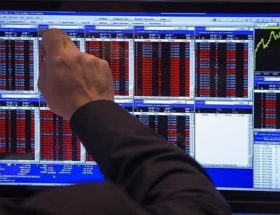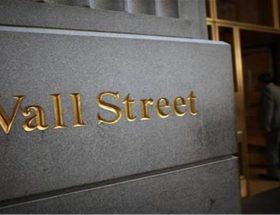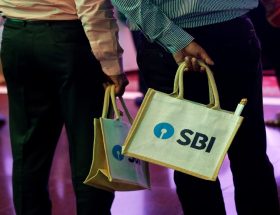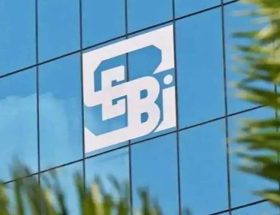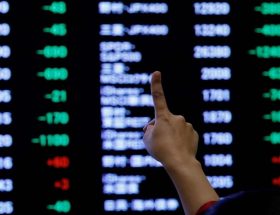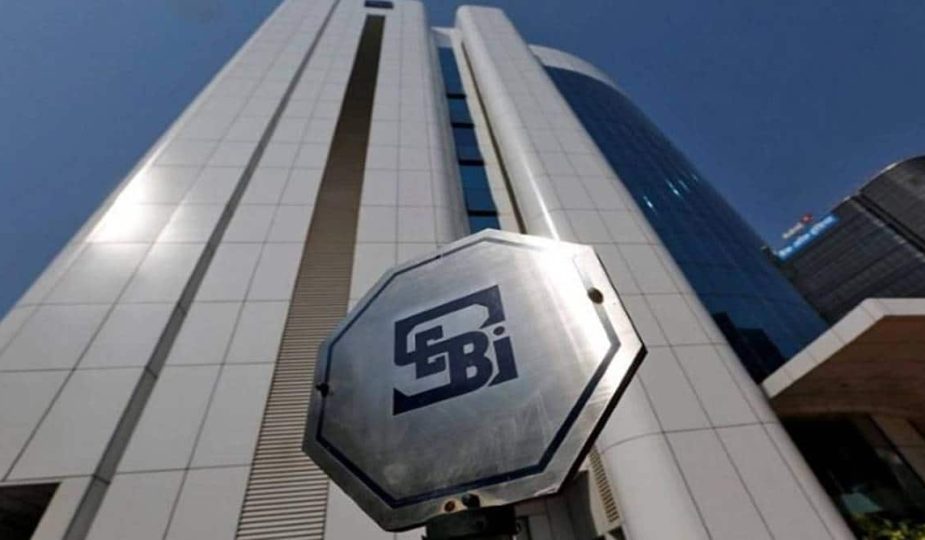
SAT quashes insider trading charges against Biocon’s Shreehas Tambe
The Securities Appellate Tribunal (SAT) has quashed the charges of insider trading in Biocon against Shreehas Tambe, president and deputy CEO of Biocon Biologics.
Sebi had passed an order restraining Tambe from accessing the securities market for a period of three months and also restraining him from associating with any listed public company or any public company for a period of three months. The appellant was also penalised for a sum of Rs 2 lakh.
The SAT in its decision on July 26 held that Tambe was entitled to the benefit of the provisions under regulation 4(1) of PIT regulations which prohibit any insider from trading in securities while in possession of UPSI. The proviso provides that an insider may prove his innocence by demonstrating the circumstances for trading in securities while in possession of UPSI.
The tribunal found that actions of Tambe, seeking pre-clearance from the company on December 15, 2017 and December 27, 2017 to sell shares and the use of sale proceeds as bona-fide payment to a developer for the purchase of a flat on December 28 demonstrated his innocence against the presumption of a motivated trade.
Also Read | LIC Housing Fin, other home loan stocks may rally 20%; Jefferies initiates coverage, check buy, sell ratings
In view of this conclusion, the SAT quashed and set aside the Sebi order which had held Tambe guilty of insider trading and the corresponding penalty. The penalty of Rs 1 lakh for delayed disclosure under regulation 7(2)(a) was upheld.
Sebi in its show cause notice dated August 3, 2020 alleged that Tambe had traded in the shares of Biocon while in possession of UPSI ahead of a global collaboration between Biocon and Sandoz. The UPSI period existed from December 4, 2017 to January 18, 2018, the day the collaboration was publicly announced.
It was therefore alleged that the sale of 17,440 shares of Biocon by Tambe between December 19, 2017 and December 27, 2017, and its delayed disclosure beyond the stipulated period of 48 hours violated the Sebi (Prohibition of Insider Trading) Regulations and the Sebi Act.

